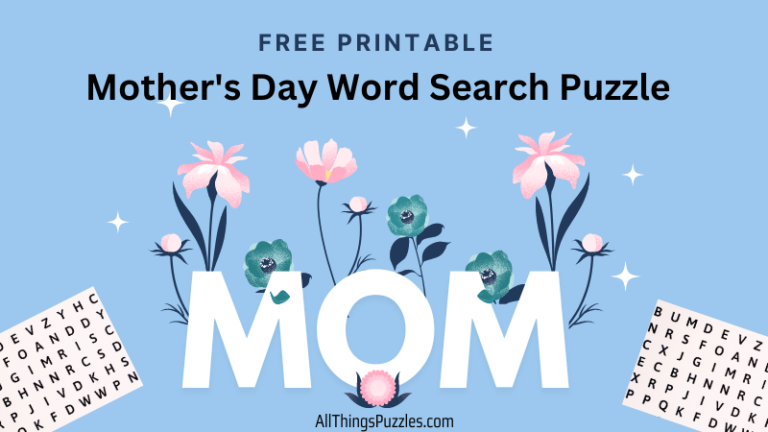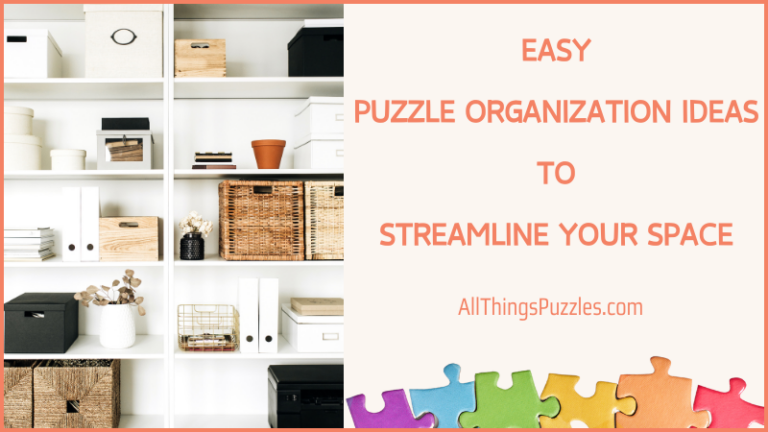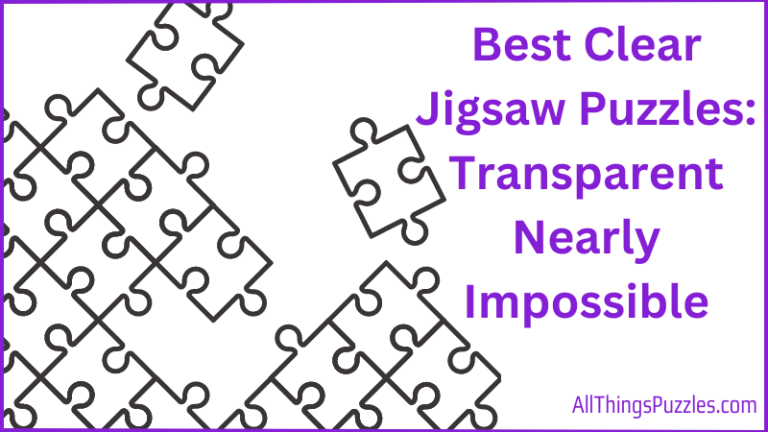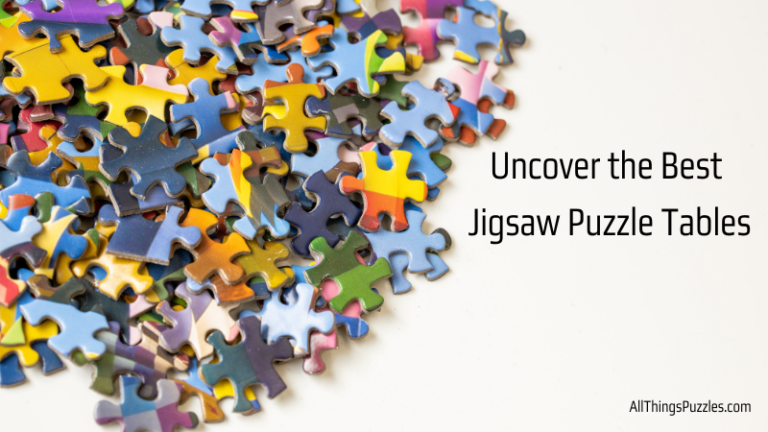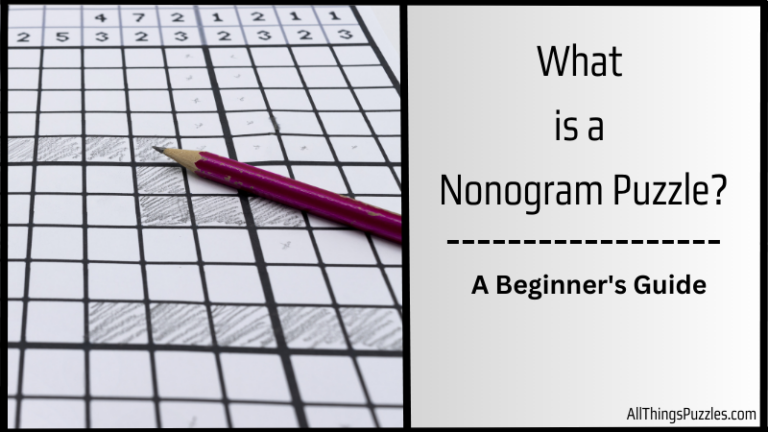In a world that often moves at a fast pace, taking a moment to connect with others through shared activities can be a rewarding experience. Puzzles and games have the remarkable ability to bring people together, fostering camaraderie and creating lasting memories. However, what if these cherished pastimes could also serve a greater purpose? In this guide, we explore where to donate puzzles and games while making a positive impact. Join us on a journey of giving that not only spreads joy but also promotes community and inclusivity. Discover the various avenues through which you can share the gift of play and make a difference in the lives of others.
Key Takeaways:
- Donating puzzles and games is a beneficial way to repurpose them for educational and recreational use in various community settings.
- Ensure donations are complete and in good condition to provide the best experience for the next user.
- Local schools, libraries, and community centers are ideal places to donate puzzles and games for shared community benefit.
Identifying Organizations for Donations

When considering the donation of puzzles and games, it’s important to target the right organizations that can best utilize these items. Whether your puzzles are for children or adults, missing a single piece, or in perfect condition, there’s a place that can give them a new life.
Community Centers
Your local community center can be the first place to consider when you have a particular puzzle or game to donate. These centers use puzzles and games for a variety of groups, including seniors, children, and homeless shelters. Community centers provide great options for puzzle donations, as they support a broad range of programs and could significantly benefit from donations of puzzles in original boxes and complete sets.
Charities and Non-Profit Organizations
Charitable groups often operate thrift stores, like those run by the Salvation Army or local charities, and are great places to donate puzzles in good condition. These stores not only provide puzzles with a new home but also allow the charity to generate funds for their causes. Non-profit organizations specializing in cognitive disorders, such as dementia or Alzheimer’s, may accept puzzle donations for mental stimulation activities, recognizing that puzzles can enhance hand-eye coordination and problem-solving skills in patients. Women’s shelters, are also in need of donations for their recreational activities.
For items that target adults, such as more complex puzzles or strategy games, retirement homes and homeless shelters can greatly benefit from these donations, offering residents and users a form of entertainment and hand-eye coordination exercises.
Schools and Educational Facilities
Local schools are always in need of resources. Donating your old jigsaw puzzles to these educational facilities can promote hand-eye coordination and critical thinking among students. School clubs might also welcome larger donations for special events or family game night. Ensure puzzles are appropriate for the school setting and are in good condition to provide the best experience for children.
Healthcare Institutions
Children’s hospitals or seniors’ residences are often looking for recreational activities to offer their patrons. Puzzles are an excellent form of entertainment, aiding in cognitive development and dexterity. Contact the recreational department of your local hospital to inquire about donating your pre-loved puzzles or games. They may often look for new puzzles to ensure hygiene, but well-maintained old puzzles can be just as beneficial.
Remember to always contact the organization beforehand to provide the best chance that your puzzle can find a new home and to avoid accidental donations that may go unused.
Great Places to Donate:
- Local libraries: Often seek puzzles for community events.
- Retirement homes: Offer puzzles for mental stimulation.
- Children’s hospitals: Provide recreational activities to patients.
- Thrift stores: Sell puzzles to support various local charities.
- Women’s shelters
- Consider non-profit organizations like Puzzle to Remember, founded by Max Wallack, which specializes in providing puzzles to facilities assisting dementia patients.
Preparing Puzzles and Games for Donation
When decluttering your home, you might find gently used puzzles and games that can be given a new life by donating them. The process requires attention to detail to ensure that your items are ready to be welcomed into their new home.
Ensuring Quality and Completeness
Before you donate your puzzles or games, confirm that each one is in good condition and complete. Check for missing pieces—this is crucial as incomplete puzzles can be frustrating to the next user and might end up discarded. For jigsaw puzzles, assemble them or verify against the original boxes to ensure no single piece is missing. Games should have all components, free of significant wear, tears, or markings.
List for Quality and Completeness Check:
- Jigsaw Puzzles: Confirm all puzzle pieces are present.
- Board Games: Check pieces, dice, cards, and instructions.
- Family Game Night Kits: Verify all elements necessary for play are included.
In case of missing parts that are hard to replace, consider keeping those puzzles for craft projects or to replace lost pieces from new puzzles in the future. Always remember, only the items that provide a complete, quality form of entertainment should be donated.
Sorting and Packaging
Sorting your donations can streamline the process for the receiving organization. Group jigsaw puzzles by theme or difficulty, and family board games by age appropriateness. This will assist in the distribution to appropriate destinations like local community centers, where they can facilitate problem-solving skills and critical thinking.
Next, package your donations securely. If possible, use the original boxes to protect the items. Taping the boxes shut will prevent accidental losses during transit. For larger donations, consider sturdy boxes and bins. If you’re making a larger donation, reach out to the local organization—some may offer free shipping or pickup.
Packaging Checklist:
- Secure game parts in zip-lock bags.
- Ensure boxes are free from damage.
- Group similar items for easy sorting upon receipt.
- Label the contents on the outside of the box.
These preparations will ensure that your old puzzles and games will reach those in need in the best condition, giving them a much-appreciated new life and providing mental stimulation and hand-eye coordination benefits to others.
Navigating Donation Logistics

When you decide to donate your puzzles and games, managing the logistics effectively is key to ensure they reach their new destination in good condition and are put to meaningful use.
Local Drop-Off Locations
Your local community centers, churches, and libraries are often the first place to check for puzzle donations. These venues are ideal for single piece or smaller donations, and they serve as great places to contribute to recreational activities and problem-solving skills development within the community. They may also facilitate puzzle swaps or puzzle exchanges, providing a new life for your pre-loved puzzles and games.
- Libraries: Offer puzzles that can benefit patrons’ cognitive development.
- Schools: Donate puzzles to classrooms or school clubs to help with hand-eye coordination and critical thinking.
- Thrift Shops and Charity Stores: These can include the Salvation Army or local thrift stores.
- Retirement Homes and Seniors’ Residences: Your puzzles provide mental stimulation and are often highly appreciated.
Places like children’s hospitals and homeless shelters often welcome donations as they provide entertainment and educational value to children and families, however, ensure that the puzzles are in good condition and have no missing pieces to avoid frustration or accidental donations.
Shipping and Handling
If local drop-offs are not an option or you have a larger donation, consider shipping your puzzles to a non-profit organization like Puzzle Warehouse, which may offer free shipping for larger volumes. Always include your contact information and a donation letter, as it may qualify you for a tax deduction.
- Online Platforms: Utilize Facebook groups, Nextdoor, or Freecycle to find or coordinate a jigsaw puzzle swap exchange.
- Puzzle Warehouse: A centralized place that can handle a volume of donations and possibly offer discounts on new puzzles.
For Shipping:
- Pack Puzzles Securely: Wrap in bubble wrap to avoid damage.
- Label Clearly: Prevent mix-ups or lost donations.
- Check for Shipping Discounts: Some organizations may offer assistance with shipping costs.
Remember to inquire about any specific guidelines related to puzzle pieces count or themes, especially if you are donating to organizations catering to dementia patients or specific youth programs. It’s best to provide puzzles and games that foster an engaging family game night and not ones that are incomplete or overly used.
Financial Aspects of Donating Puzzles and Games
When donating puzzles and games, understanding the financial implications can ensure that both you, the donor, and the recipient maximize the benefits. From tax deductions to the valuation of donated items, this section provides clarity on the financial considerations involved.
Tax Deductions and Receipts
If you’re giving puzzles and games to registered non-profit organizations, you may be eligible for a tax deduction. Retain the donation receipt provided by the organization, as it could be beneficial when you file your taxes. For larger donations, such as a sizable collection of old jigsaw puzzles or family board games, it’s wise to request a detailed donation letter that reflects the value of your puzzles or games, which you can then use for tax purposes.
Valuing Donated Items
Determining the value of your puzzles and games might be tricky, especially if there are missing pieces or signs of wear. As a rule of thumb, items in good condition will have a higher value. Be realistic: a particular puzzle with significant wear might find a new home, but its monetary value could be nominal. Original boxes and complete sets tend to have a better value, which is something to keep in mind before you donate.
Advantages of Donating Puzzles and Games
Donating puzzles and games is a meaningful act that supports educational growth, environmental sustainability, and community bonding. It breathes new life into gently used items and benefits people of all ages.
Educational and Cognitive Benefits
Puzzles:
- Enhance problem-solving skills and critical thinking.
- Improve hand-eye coordination and mental stimulation, especially in children and dementia patients.
Games:
- Encourage cognitive development and mental health through recreational activities.
- Utilized in senior care centers, preschools, and after-school programs for educational purposes and entertainment.
Donating to educational settings like local schools gives these resources a new home, benefiting classrooms and school clubs.
Environmental Impact
- Recycling old puzzles and games helps reduce waste, preventing the accrual of these items in local landfills.
- Giving puzzles a new life ensures fewer resources are needed to create new puzzles and games.
- Particularly relevant for puzzles missing pieces that can be repurposed for craft projects instead of ending up in the recycling bin.
By choosing to donate to a thrift shop or non-profit organization, you’re helping to minimize environmental impact.
Community Enhancement
- Donations foster a sense of community by enhancing local libraries, community centers, and retirement homes with more resources for entertainment and skill development.
- Local charities, such as the Salvation Army or homeless shelters, distribute donated puzzles and games to those in need, providing a great way to bring joy and educational opportunities into others’ lives.
When making a larger donation, obtaining a donation letter can help with claiming a tax deduction. Always ensure puzzles and games are in good condition to provide the best experience for the next user.
Guidelines and Tips for Donating
Before you consider donating your old puzzles and games, it’s important to understand the specific policies of the donation center and to prepare your items properly.
Each donation center has specific guidelines. For example, local schools often accept puzzle donations if all the pieces are present and the puzzles are in good condition. Likewise, if you want to donate to children’s hospitals, it’s essential that the puzzles are sanitized and safe for the children. Always check for missing pieces and ensure the item looks almost like new puzzles.
Frequently Asked Questions
When considering donating your pre-loved puzzles and games, it’s important to ensure they find a great new home where they can continue to provide joy and mental stimulation. Here are some specific questions you may have about where and how to donate your items.
How can I donate puzzles to benefit veterans?

Your puzzles can be a form of therapeutic entertainment for veterans. Check with local veterans’ organizations, such as the VA hospital or the American Legion, to determine if they accept puzzle donations. They might also guide you on organizing a larger donation drive to benefit vets.
What type of facilities welcome puzzle donations for the elderly?

Retirement homes and seniors’ residences appreciate donations of puzzles as they’re a great way to encourage cognitive development and hand-eye coordination. Contact the activities director of these facilities directly to inquire about their specific needs.
What are the guidelines for donating puzzles to children’s hospitals?

When donating puzzles to children’s hospitals, it is important to ensure that the puzzles are age-appropriate, non-toxic, and free of small parts that could pose a choking hazard. Additionally, consider donating puzzles with vibrant colors and engaging themes to uplift and entertain the young patients during their hospital stay. Contact the hospital’s volunteer or donation coordinator to inquire about specific needs and guidelines before making your donation.
Before you discard pre-loved puzzles or family board games, consider donating. Your pursuit to give old puzzles and games a new life can greatly benefit various individuals and places. By choosing to donate these items, you’re enhancing recreational activities and cognitive development in your community and beyond.

